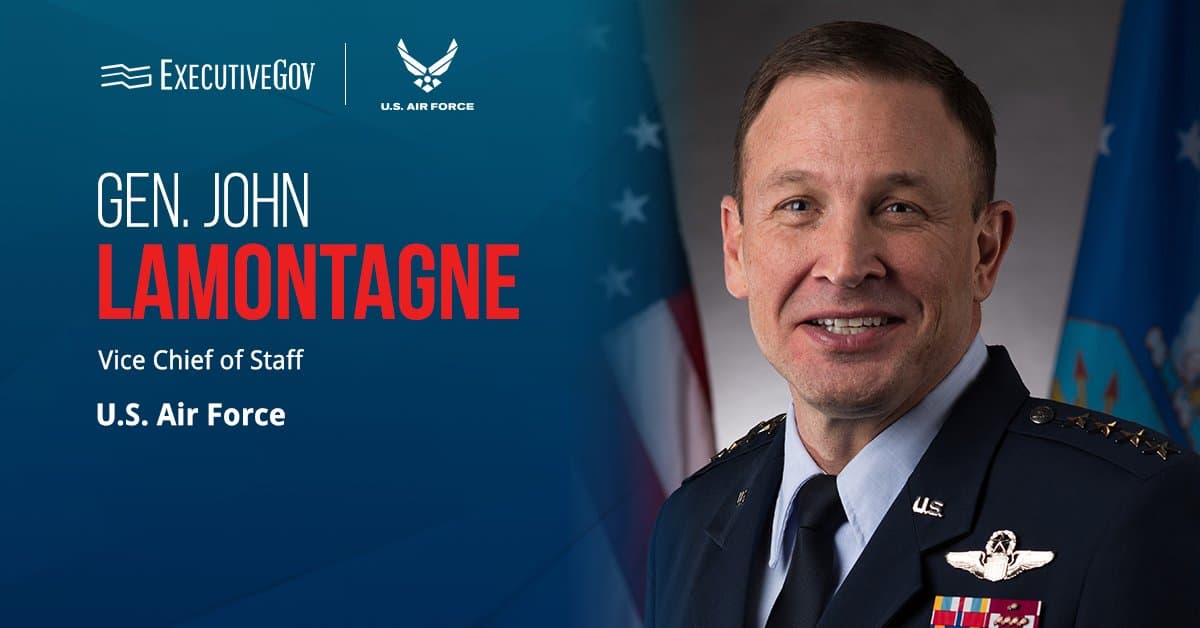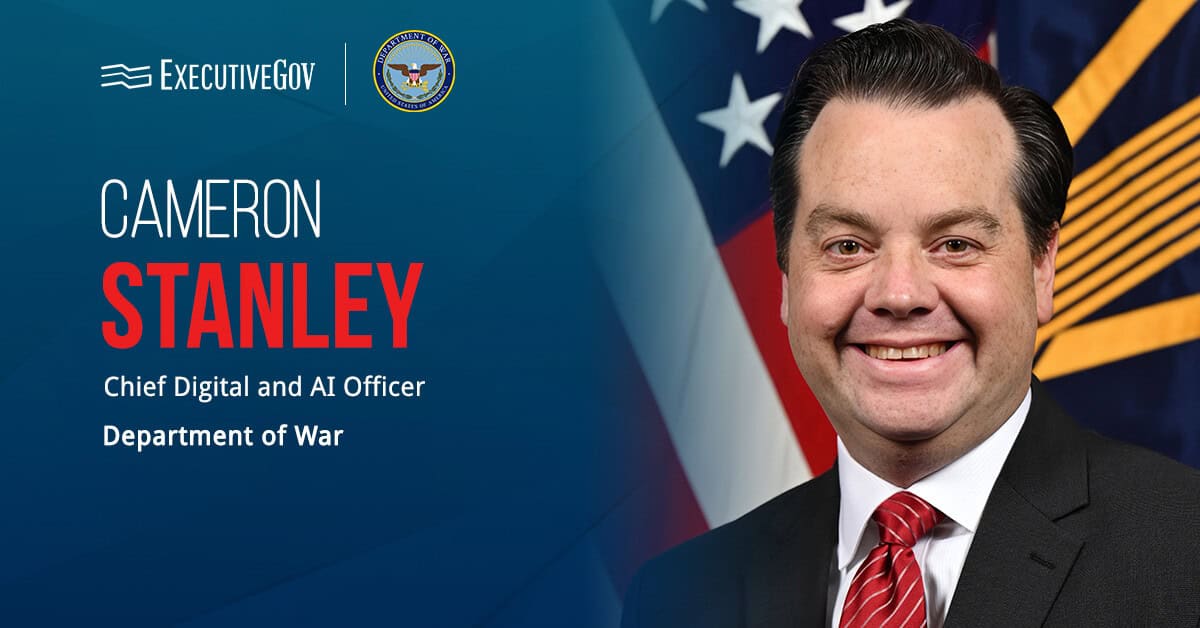
The Senate has confirmed Lt. Gen. David Berger, the U.S. Marine Corps’ deputy commandant for combat development and integration, as the service’s new commandant, USNI News reported Thusday. President Trump announced his intent to nominate Berger for the commandant role back in March. Berger is slated to formally succeed Gen. Robert Neller as the Marine Corps’ 38th commandant on July 11.
Berger, also the commanding general of the Marine Corps’ Combat Development Command, brings more than 30 years of military experience to his new role. He spearheaded the service’s efforts to address emerging warfare concepts through efforts like the “Expeditionary Advance Base Operations and Littoral Operations in a Contested Environment” in his current capacity.





